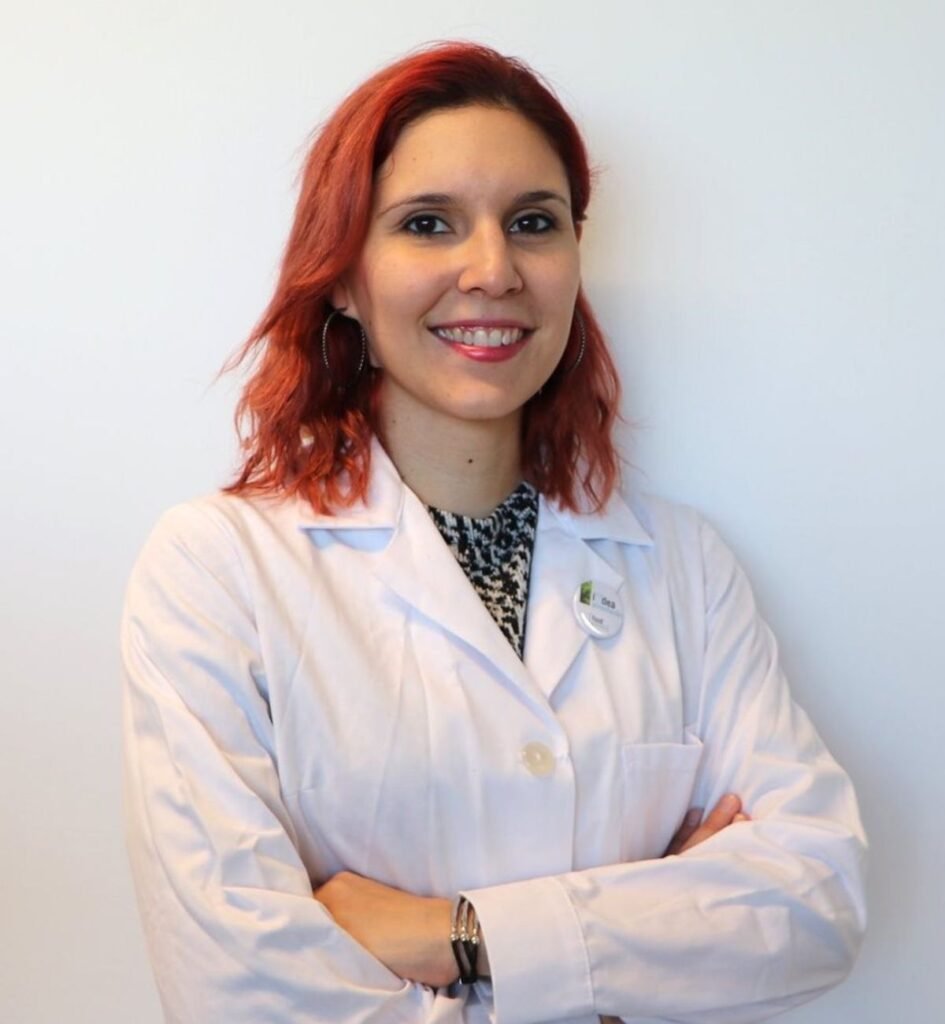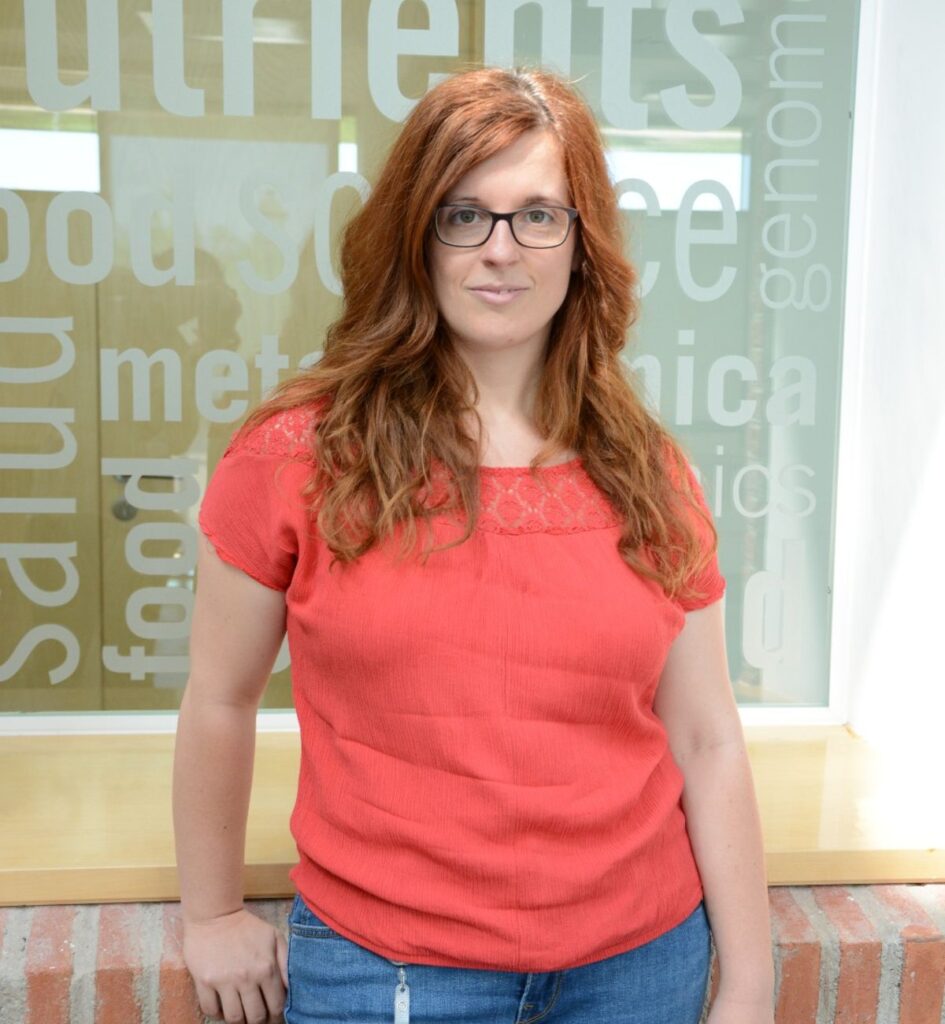Our group aims to apply integrative computational analyses and to develop bioinformatics resources to study the nutrition-disease interactions through molecular variability responses. Complex analytical strategies are key for understanding the relationships between food, genes, environment and diseases and to develop precision nutrition strategies based on individual molecular background. The group is currently focused on four topics:
1. Metabolic Variability to study the complex molecular relationships between food/diet bioactive compounds and drugs interactions from structured and unstructured resources.
3. Bioinformatic tools development to integrate and facilitate the analysis, visualization and interpretation of complex, heterogeneous and disperse molecular food datasets.
2. Microbiome-Host interaction for characterizing the microbiome disruption in complex diseases like colorectal cancer or celiac disease and study the effects of food bioactive compounds in microbiome modulation for a healthy gut and precision nutrition strategies.
4. Citizen Science bringing the science and knowledge generated in our group closer to the people.
Group leader of the Computational Biology Group

Dr. Enrique Carrillo de Santa Pau, obtained his Bachelor’s degree (BSc) at the “Complutense” University (Madrid) in 2002. He completed a PhD training program (2002-2007) in Biochemistry and Molecular Biology at “Ramón y Cajal” Hospital. In 2007, he moved at Primary Health Care Service in Madrid to study Diabetes Mellitus as part of MADIABETES. He got an MsC in Bioinformatics and Computational Biology (UCM, 2009). In 2010 he joined Dr. Stunnenberg’s group at Nijmegen Centre for Molecular Life Sciences (The Netherlands) to study the role of 5hmC from a genome wide perspective. In 2011, he moved at Spanish National Cancer Research Centre (CNIO) where he was responsible for the bioinformatic analyses at the Carcinogenesis Epithelial Group lead by Dr. F.X. Real. In addition, he participated in the analysis of large-scale ‘omic’ datasets from the EU high impact initiative: “BLUEPRINT of Haematopoietic Epigenomes”, within Dr. A. Valencia’s group. From April 2018 he joined IMDEA Food Institute to lead the Computational Biology Group.
Group Members

Postdoctoral researcher
Dr. Laura Judith Marcos Zambrano is a bioanalyst specialized in clinical microbiology, bioinformatics, and metagenomics. She obtained her BSc in Bioanalysis at the Central University of Venezuela (UCV). She has a master degree in Cellular Signaling, she received her Ph.D. at the Universidad Complutense de Madrid in 2017. Her research is focused on leading the area of microbiome modulation by bioactive compounds with ‘in silico’ developments for the prevention and treatment of complex diseases. She also participates in the COST Action CA18131 for the generation of ‘Statistical and machine learning techniques in human microbiome studies’ and takes part in the ESCMID Study Group for host and microbiota interaction (ESGHAMI). She is a member of “Initiative 11F”, an organization that creates activities of the International Day of Women and Girls in Science and participates in divulgatory events to translate research to the community.

Postdoctoral researcher
Dr. Teresa Laguna obtained her BSc in Biochemistry in 2005 and her PhD in Immunology in 2013 at the Complutense University of Madrid. In 2015 she finished a MSc in Omics Data Analysis at the University of Vic, when she carried out a project in finding relevant signatures in the different Neuroblastoma stages in the group of Dr. Manel Esteller at IDIBELL (Hospitalet de Llobregat). After finishing her MSc, she worked there in different projects in epigenomics analysis in cancer as a postdoctoral researcher. In 2016, she started as a postdoctoral bioinformatician at the Institute of Molecular Biology in Mainz (Germany) where she participated in proteomics pipeline development and data analysis, and leaded the bioinformatic efforts in gene annotation improvement in vertebrate species by integration of proteomics and RNA-seq data. In 2019, she moved to IMDEA where she is focused in applying human epi-genome inter-variability for effective personalized nutrition strategies.

Predoctoral researcher
He obtained his bachelor‘s degree at the Complutense University of Madrid in Food Science and Technology in 2018. Afterwards he finished the Bioinformatics and Computational Biology master‘s degree in the Autonoma university of Madrid. He was incorporated at IMDEA Food Institute in June 2020 where he is currently working as a predoctoral bioinformatics researcher focusing on finding food-drug interactions through transcriptomic and text mining approaches.

Predoctoral researcher
He was graduated in Computer Engineering and Information Technologies in Gijón, Asturias, Spain at 2018. After that, he moved to Madrid to work as a TIBCO consultant for a year and a half, and then start a master’s degree in Bioinformatics and Computational Biology in the Autonoma university of Madrid, and while he is developing his TFM, he has been incorporated at IMDEA Food Institute in June 2020 where he is working as a Web Application Developer in the FNS Cloud Project.
With seven floors of striking architecture, UMoMA shows exhibitions of international contemporary art, sometimes along with art historical retrospectives. Existential, political and philosophical issues are intrinsic to our programme. As visitor you are invited to guided tours artist talks, lectures, film screenings and other events with free admission
The exhibitions are produced by UMoMA in collaboration with artists and museums around the world and they often attract international attention. UMoMA has received a Special Commendation from the European Museum of the Year, and was among the top candidates for the Swedish Museum of the Year Award as well as for the Council of Europe Museum Prize.
